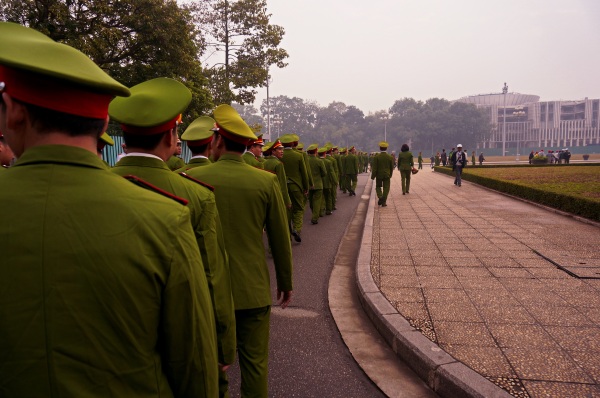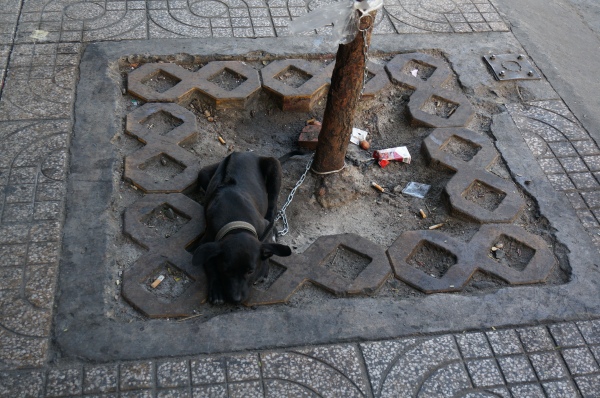And as many times that I’ve said that language is about communication, not perfection – there are sometimes that precession is necessary. Documents like International Legal Instruments, Memoranda of Understanding (MOUs) between countries, international work contracts and the like, need to go beyond literal, linguistic equivalence and be conceptually and cross-culturally equivalent in each of the countries and cultures. And let me tell you, this is god-damn hard.*
When you want to be really sure that document’s true meaning is conveyed, you do something called forward-translations and back-translations. Let’s say you want to translate an English document into Arabic. You give the document to the first translator, who should have good knowledge of English but their mother tongue is Arabic. They carefully translate the document from English to Arabic. The document is then translated back into English by another independent translator, whose mother tongue is English and who has no knowledge of the original document. If the original and secondary English documents match up in meaning and tone, then the Arabic translation must be good.
I was looking through one of these forward/back translations when I spotted my now, favourite translation error. The secondary English document was matching up well to the original, when I found a phrase that had no business in my beautifully worded contract; “air practice.”
Air practice…?
And then it clicked – it was supposed to be ‘pneumatic drill.’ An easy mistake to make if the first translator wasn’t very familiar with power tools and wasn’t paying close attention to the context of the document.
If professional translators could make a mistake like that, then imagine what happens when your only means of converting your language into another is Google Translate?

Below is just two pages of one menu.
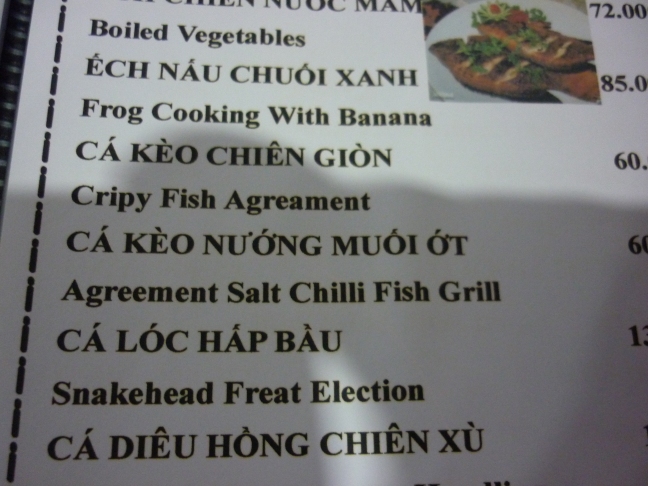
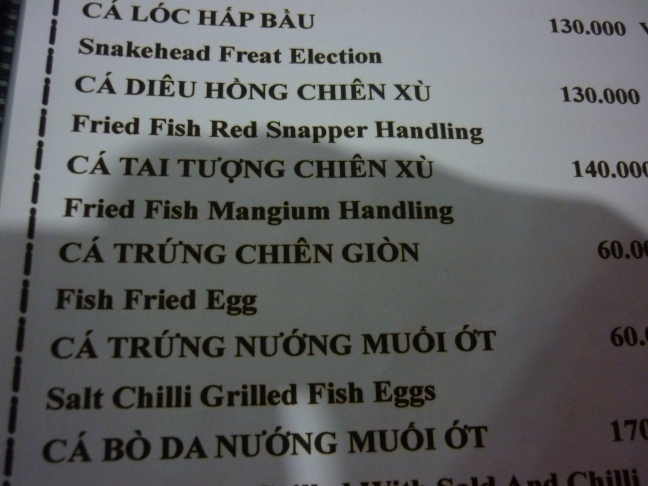
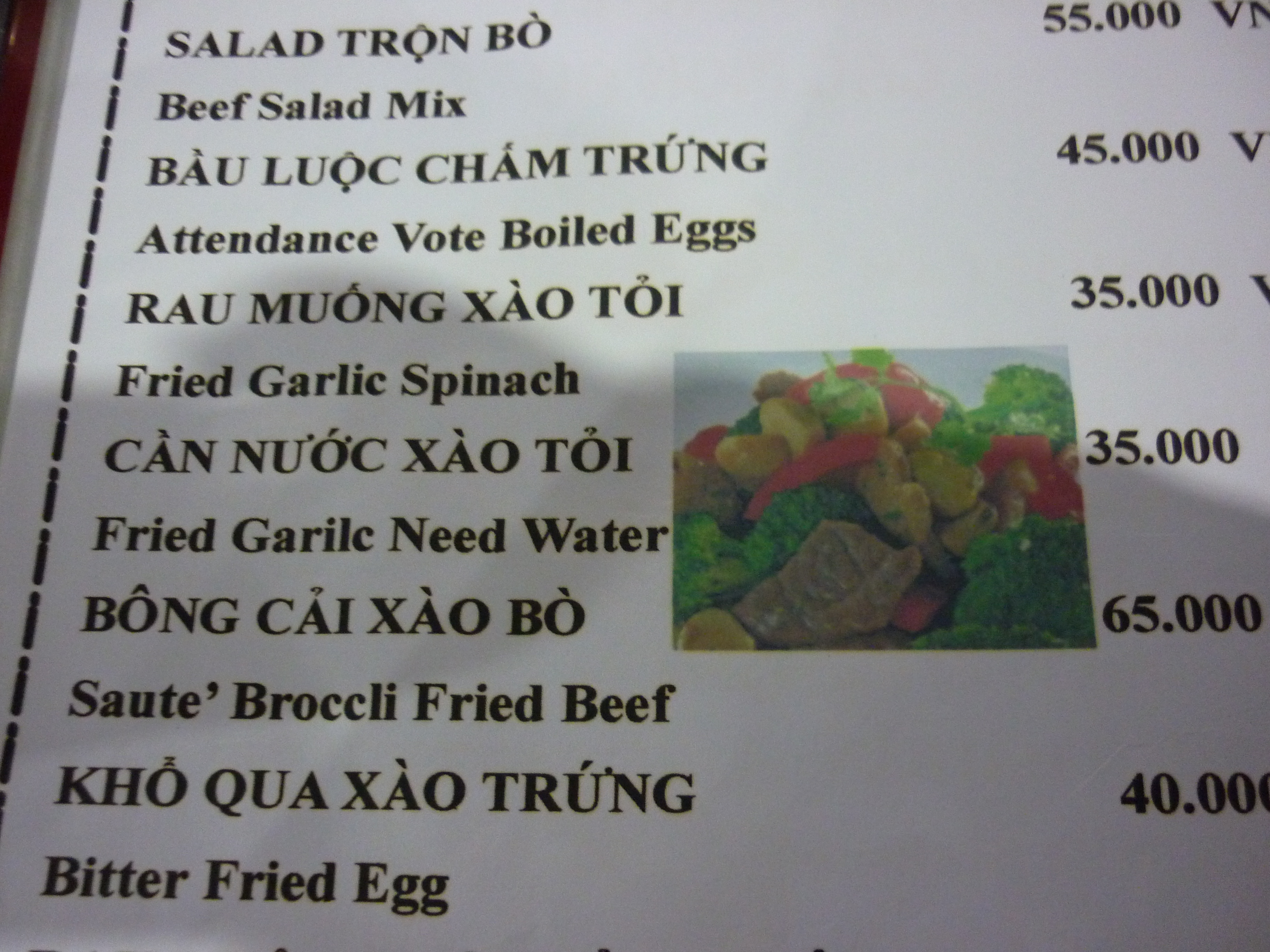
Don’t mistake me, I’m in no way making fun of the people that put this menu together. Translating a document from one language to another can be stupidly difficult and they had limited resources. I’m glad they made the effort. Selfishly, it also makes me feel a little better about the glaring language errors I make every day.
* While translation (changing one written language for another) is difficult, interpretation (changing one spoken language to another) is probably even harder. This is because interpretation is often simultaneous; interpreting a speech as it is being given, for example. Even UN interpretors who work at the very top of their profession, still have to work in teams of two and swap with their partner every 20 minutes. I’ve seen more than a couple of them stepping out of their soundproof booths a little sweaty and dazed.





